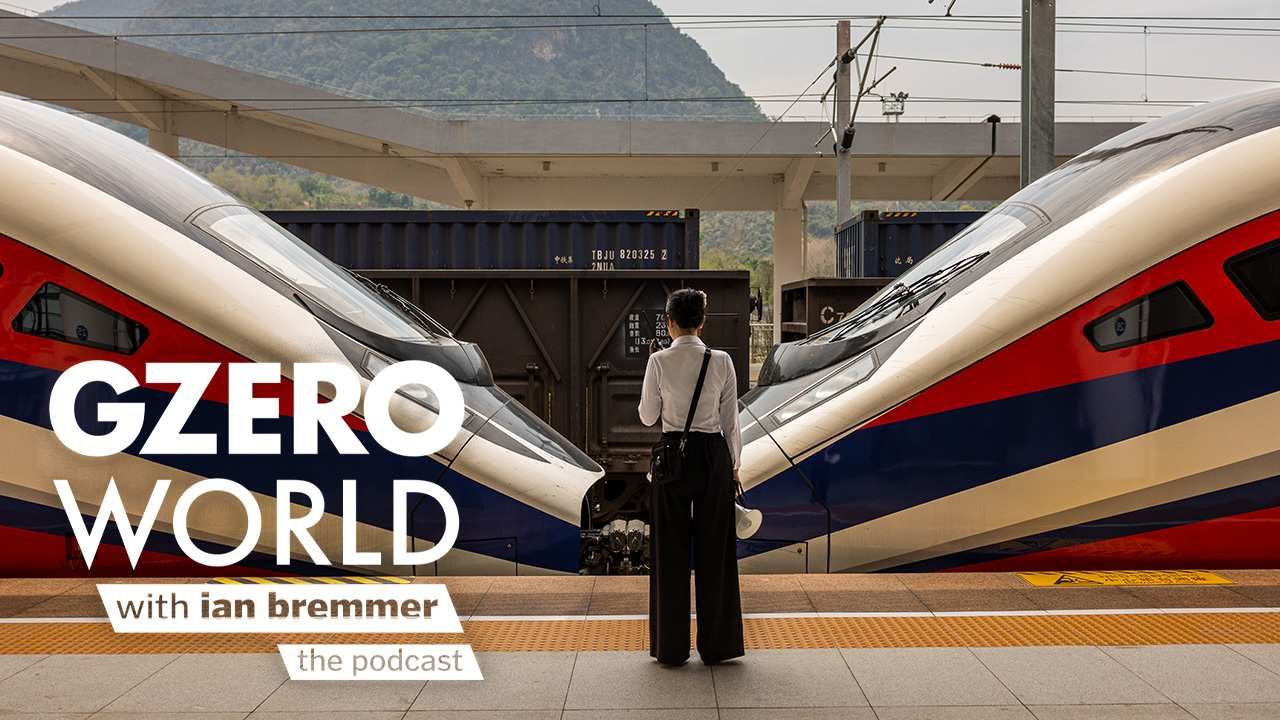1.5 million: China said it has "returned to society" some 1.5 million mainly Muslim Uighurs detained in internment camps in Xinjiang. The detainees were released after "graduating" from vocational training, according to Beijing, but increasing international criticism and a string of damning media exposes are believed to have pressured China to release them.
9: Lebanon's "confessional" system of government, which apportions top positions to people based on their religion, costs the country as much as 9% of GDP every year as a result of corruption and mismanagement, according to a World Bank study from 2016. The country is still struggling to form a new government six weeks after mass protests against the political system forced the prime minister's resignation.
1 billion: The next time you're in a panic after losing your driver's license, consider that roughly a billion people around the world lack any form of personal identification at all, including half the population of sub-Saharan Africa alone. Lack of ID deprives citizens of access to government services and can put people at risk of deportation, discrimination, and statelessness.
85,000: Last year, the number of Poles working abroad fell for the first time in almost a decade, as 85,000 decided to return home. Many of them left the UK because of Brexit uncertainty, and the Polish government is glad to welcome them back: Poland's population has been forecast to shrink 12 percent by 2050.
